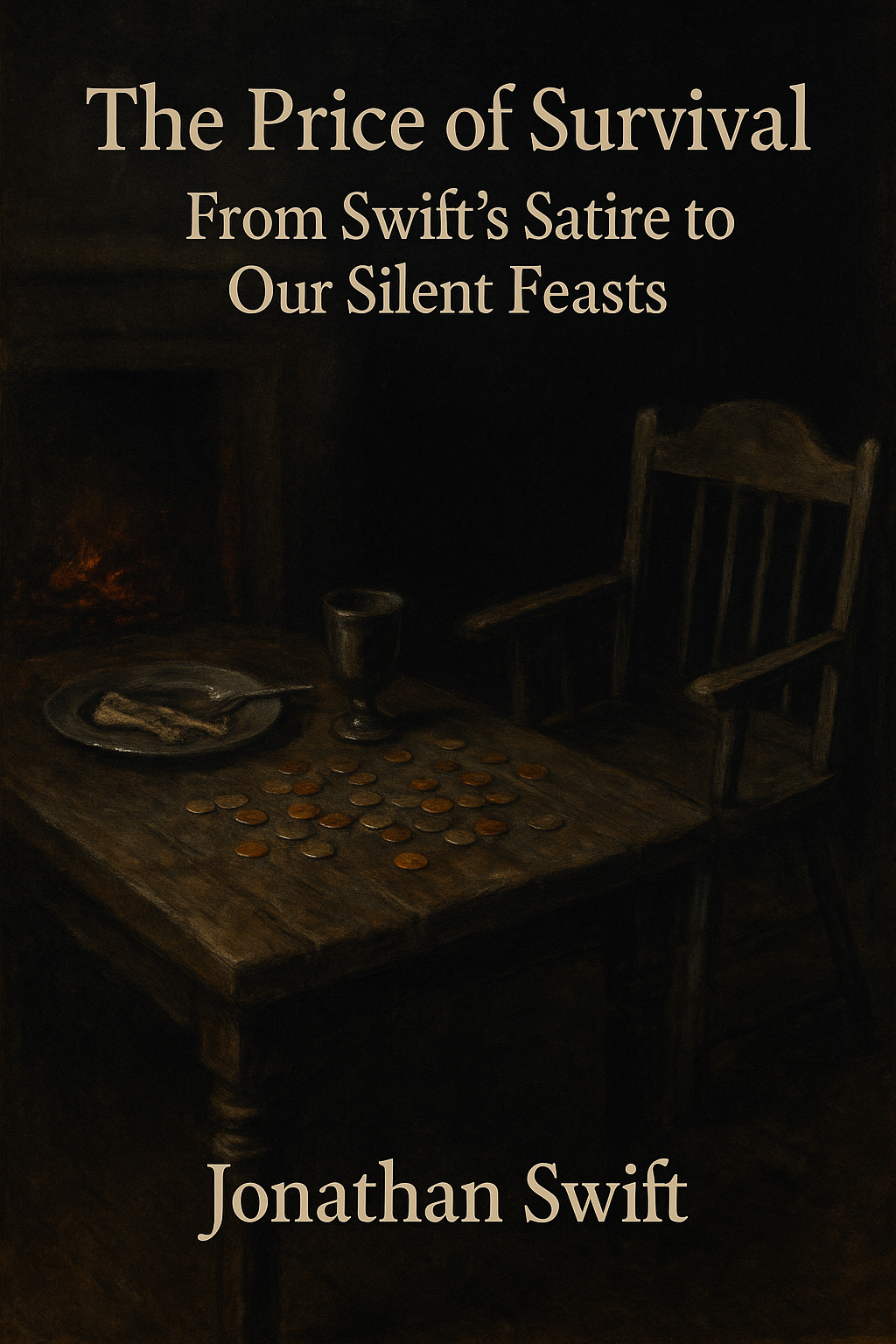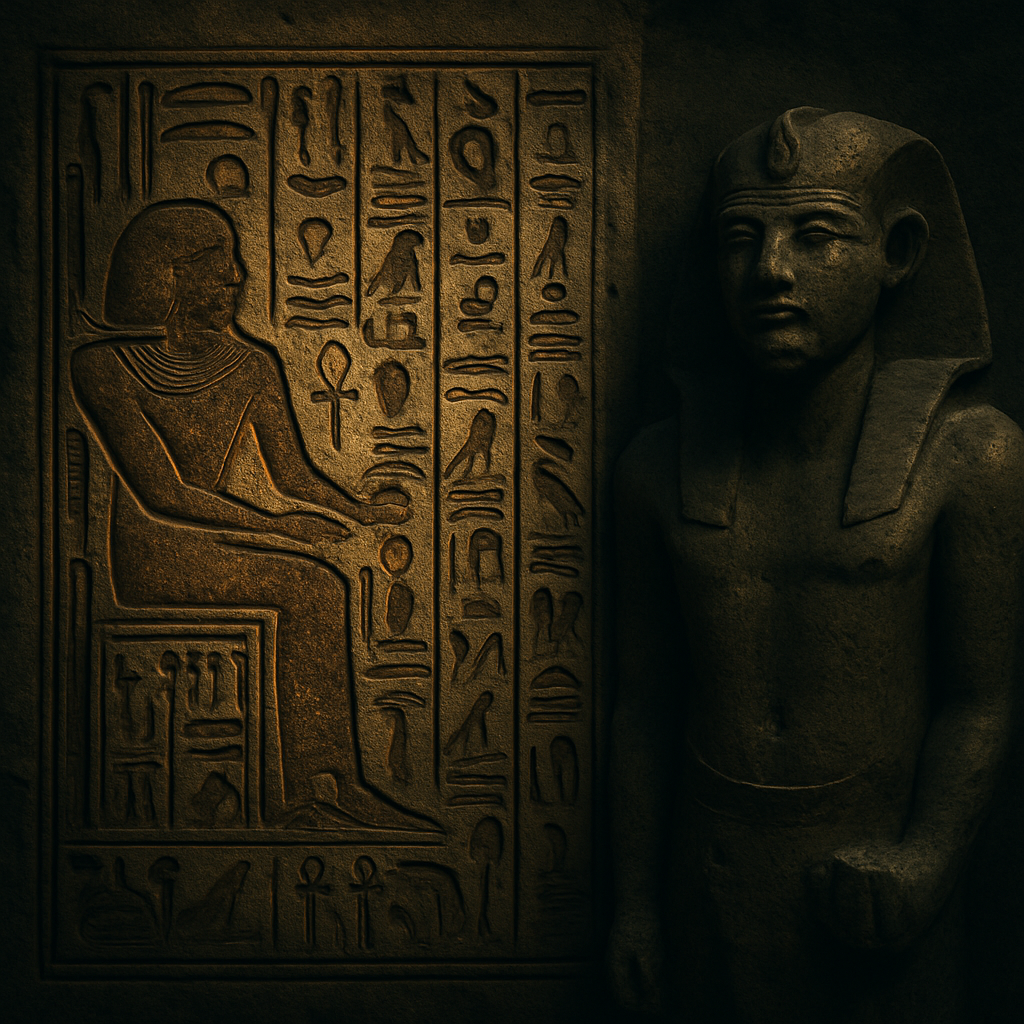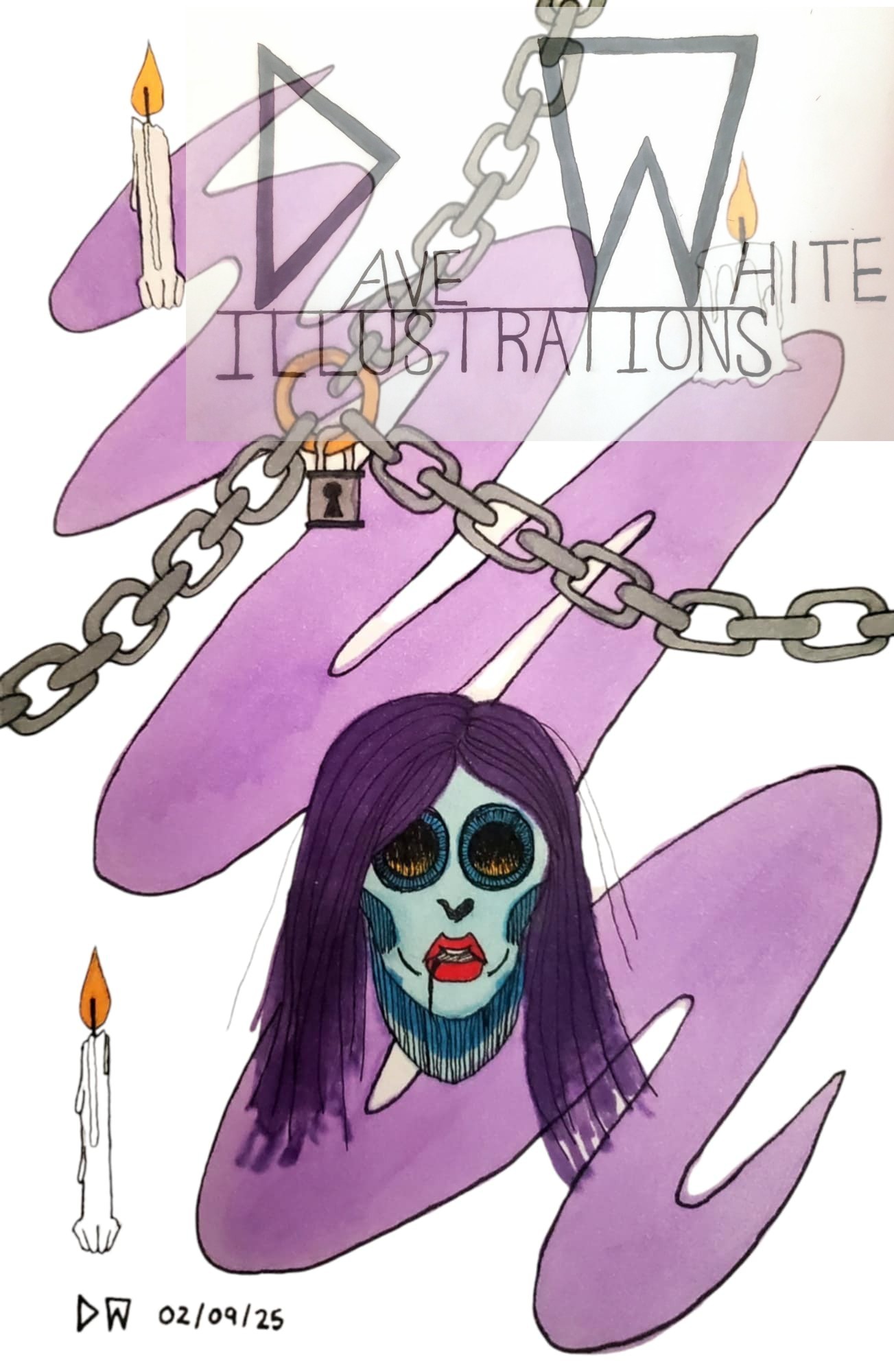On Satire, Power, and the Hunger of Systems
Jonathan Swift once dared to say what no one wanted to admit: maybe the poor should sell their children as food. Boil them. Roast them. Season their innocence and feed the hunger of the rich.
A Modest Proposal (1729) was no recipe—it was a wound stitched in satire, a scream dressed in irony. Swift wasn’t suggesting cannibalism; he was exposing it. He was showing a world already devouring its poor, bone by bone, dignity by dignity.
He wrote:
“The poorer tenants will have something of value of their own which by law may be liable to distress and help pay their landlord’s rent, their corn and cattle already being seized, and money a thing unknown” (Exploring Literature, 1021).
Stripped of everything, the poor themselves became the final currency.
And here we are, centuries later, still being swallowed alive.
The Economy of Hunger
We do not roast children on dinner tables. No. But the feasting never stopped. It only greWe no longer roast children on dinner tables. No. But the feasting never stopped—it only refined its manners, hid its knives behind policies, and traded spectacle for systems.
- Mothers trade sleep for double shifts, their bodies exhausted for wages that dissolve into rent.
- Debt collectors gnaw at households until their foundations collapse into foreclosure.
- The sick die not from disease but from the price of healing.
Swift’s grotesque vision was never only about Ireland. It was about power, and the endless appetite of greed. That appetite still sits at our tables today.
The Devouring of Existence
To exist is to live within the mouth of forces larger than ourselves.
Grief gnaws at memory until even joy feels fragile.
Time itself chews at flesh and bone, leaving only echoes behind.
Systems built on profit strip lives bare, as though survival were a currency meant to be spent.
No one serves us at the feast, yet we are consumed—by silence, by indifference, by shadows that circle for what remains.
Swift veiled his fury in satire.
I reveal mine in words.
Because every act of speaking is resistance, every sentence a refusal to be swallowed whole.
When Horror Mirrors Reality
Satire works because it sharpens the absurd until it cuts. Swift exaggerated cruelty until the grotesque became undeniable.
That is the strange power of the grotesque: it appears unthinkable—until you see the world already living it.
- Is it more horrifying to imagine boiled infants, or to watch families lose homes as rent devours half their income?
- Is it stranger to picture children roasted on platters, or to witness children starving in the richest nations on earth?
The grotesque is not fantasy.
It is truth with its mask torn off.
The Refusal to Be Consumed
This is why I write.
Why I turn pain into rhythm, grief into paragraphs, silence into testimony.
Writing is not a cure.
It is a stance.
Swift refused to let Ireland’s poor remain invisible.
I refuse to let survival, or the cost of it, go unnamed.
Every post on Poetic Bipolar Mind is a reminder:
I am still here. And you cannot eat me quietly..
Works Cited
Swift, Jonathan. “A Modest Proposal.” Exploring Literature. Pearson, Boston, p. 1021.





Leave a Reply